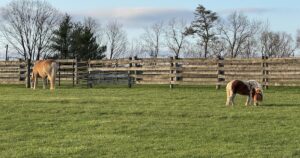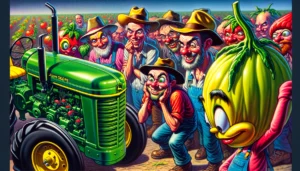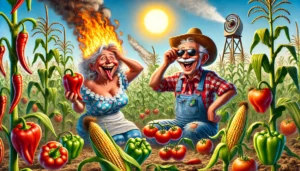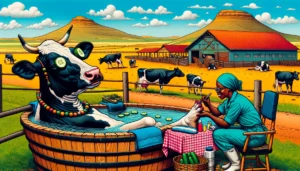
Farm Dictionary 4.jpg
Shifting Cultivation
Definition: shifting cultivation
shifting cultivation: An agricultural practice using the rotation of fields rather than of crops. Short cropping periods are followed by long fallows and fertility is maintained by the regeneration of vegetation. A form of cultivation practised in some tropical countries, where land is cultivated until it is exhausted and then left as the farmers move on to another area. In shifting cultivation, the practice of clearing vegetation by burning is widespread. One of the simplest forms involves burning off thick and dry secondary vegetation. Immediately after burning, a crop like maize is planted and matures before the secondary vegetation has recovered. Where fire clearance methods are used, the ash acts as a fertiliser. Farmers benefit from understanding and managing shifting cultivation for sustainable land use and productivity.
Originally posted 2008-02-01 20:52:25.
Fall off the barn roof and busted your keister? Life on the farm or ranch can be tough on the bum. Need a break? Laugh it off at FarmerCowboy.com, the #1 farm humor site. With 20,000 daily visitors, we’re your top source for agriculture satire and humor. Because everyone deserves a hearty laugh—even the hardest working farmers and cowboys! Join us and turn those long days into fun tales at FarmerCowboy.com.
Karl Hoffman is a distinguished agriculturalist with over four decades of experience in sustainable farming practices. He holds a Ph.D. in Agronomy from Cornell University and has made significant contributions as a professor at Iowa State University. Hoffman’s groundbreaking research on integrated pest management and soil health has revolutionized modern agriculture. As a respected farm journalist, his column “Field Notes with Karl Hoffman” and his blog “The Modern Farmer” provide insightful, practical advice to a global audience. Hoffman’s work with the USDA and the United Nations FAO has enhanced food security worldwide. His awards include the USDA’s Distinguished Service Award and the World Food Prize, reflecting his profound impact on agriculture and sustainability.






